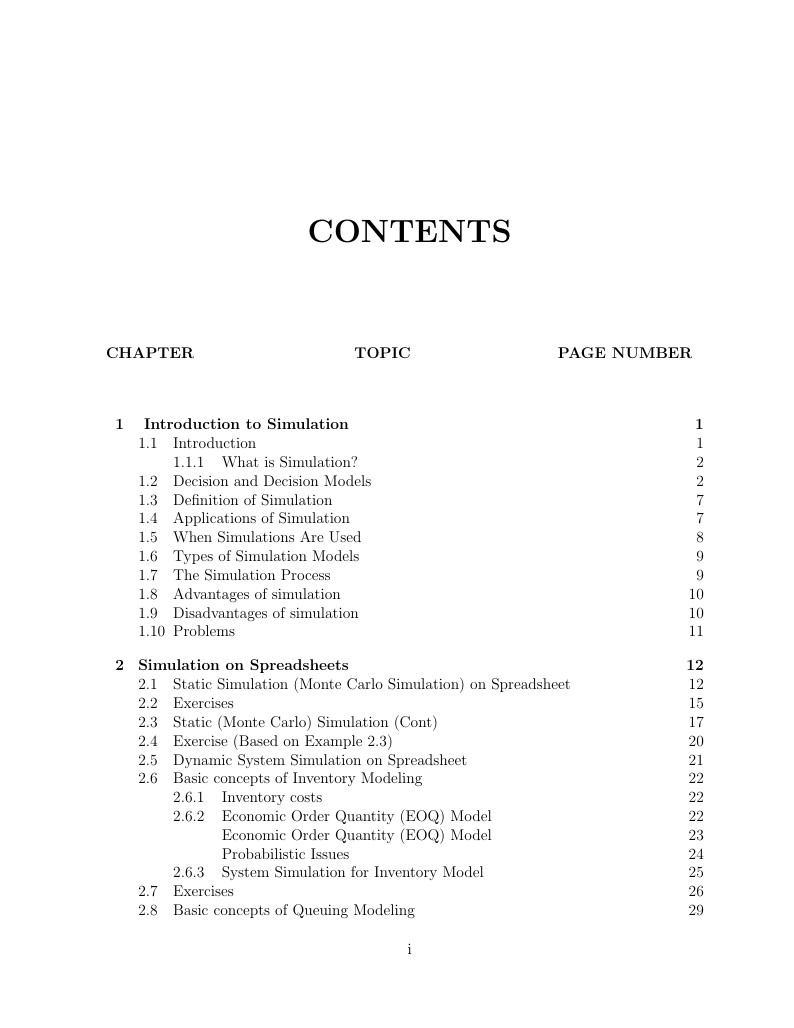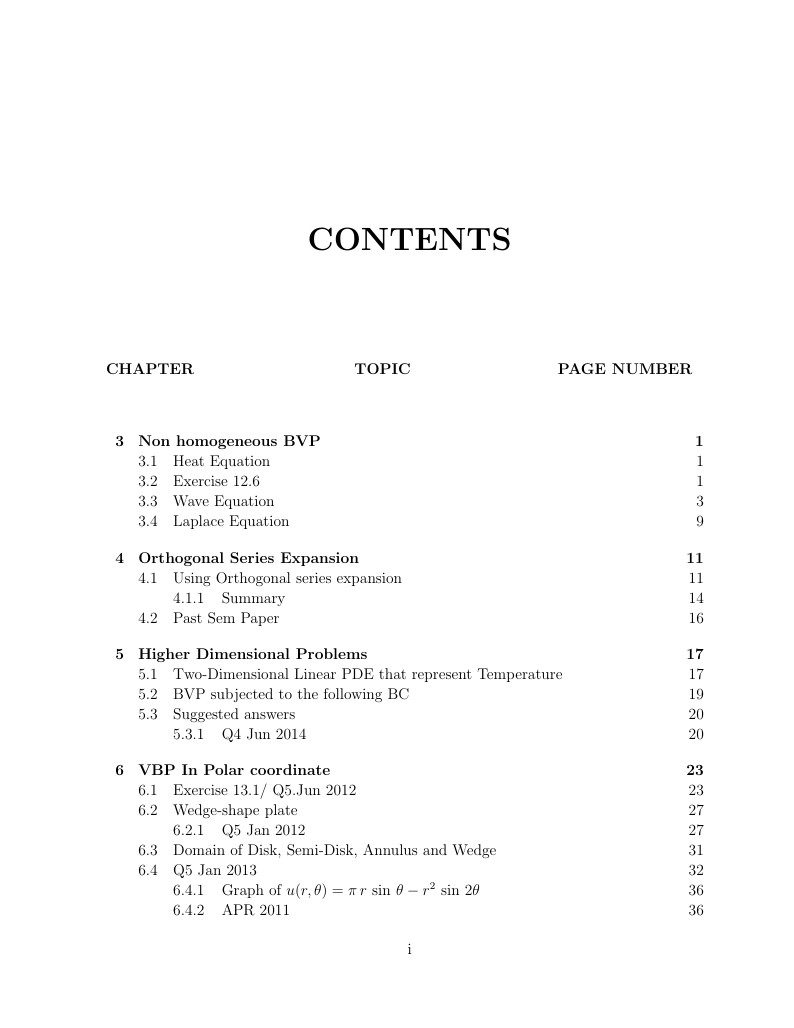Community articles — Books
LaTeX book templates to write your next best seller—whether you’re writing fiction or non-fiction, a short story or long textbook.
Recent

A textbook on simulation

PDE-ONE DIMENSIONAL PDE-TWO DIMENSIONAL
\begin
Discover why over 25 million people worldwide trust Overleaf with their work.